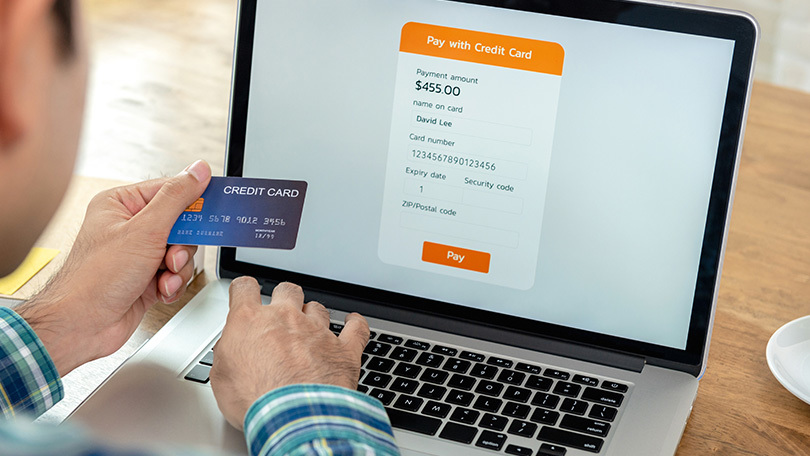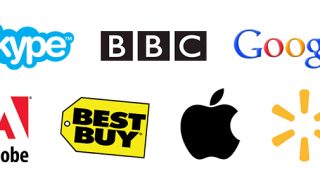
There’s a common saying that goes, “If you’re going to do something, do it right the first time.” That saying is especially true when it comes to creating your first website. When you start your new website, it’s crucial to establish some basic functions first. Why? Because neglecting certain fundamental website features could cost you time, money, or even result in litigation. With this in mind, here are the top non-design features every new website should have in place before you write that first line of design code, or even selecting a website theme.
Prepare for Compliance

The prospect of building a new website can be exciting, especially if you’re a first-timer. However, too often that excitement overshadows the most critical factor every website needs. We’re talking about safeguarding yourself and your new website from potential lawsuits or legal pitfalls.
Way before you choose a web font or color scheme, you’ve got to ensure your site is compliant with current regulations and laws. For instance, many business websites opt for CCPA compliance services because of the recent California Consumer Protection Act which came into effect in 2020. There is also GDPR (General Data Protection Regulation) which was put into effect in 2018 by the European Union. CCPA and GDPR are regulations that protect the privacy of your website’s users. It’s vital to be compliant with these laws when you first start your website in order to avoid hefty penalties, fines or litigation in the future.
Protect Your Assets
When you’re starting a new blog or website, it’s easy to get swept away with the fun stuff like writing exciting content or creating beautiful designs. Nonetheless, before you crank out your first blog post, you need to write out a few critical pages for your new website. Namely, you should create core pages on your site that clearly define your policies.
For example, have a Terms and Conditions page that details things like what your website users can or cannot do when they engage your website. You should also have a Policies page that expressly describes how you collect user information, and how you use it. This is especially true if you intend to sell services or products on your website. With increasing concerns about identity theft and new privacy acts mentioned earlier – it’s more important now than ever to have clear statements on your website that will release you from liability.
Avoid Cyber Security Hacks

You can have the most amazing design and the most incredible looking website on the planet – but if it isn’t secure from cyberattacks, you’ve got nothing. There’s nothing worse than putting time, money and effort into building a new website, only to have it demolished in seconds by a cyber criminal. In fact, an average of 30,000 websites are hacked every day.
You can avoid being a part of this statistic by practicing secure coding principles, getting top-notch security on your website, and keeping your CMS (content management system) and plugins updated at all times. You should also change your admin password to the back end of your website often to avoid getting hacked. While keeping up on security for your website may sound tedious or boring, it is a non-design essential to protect you from loss of time, data, money or even future ruin.
Speed Matters
According to Google, over half of users click off a website if it does not load within the first three seconds. When people enter a website, they want it to display instantly. Therefore, make sure you have built-in strategies for a fast website.
For instance, do research on different hosts and host packages before starting your website. Most hosts claim “fast speeds” but not all hosts are created equal. What’s more, there are different types of hosting available. These are: Shared hosting, Virtual Private Servers (VPS), and dedicated servers. While shared hosting is the cheapest level, it is not always the fastest. A VPS however, delivers your website to users very quickly. All this to say, it’s important to have a speedy website in order to attain and retain visitors.
The Last Word on Non-Design Website Features

While a striking design is pivotal to a successful website, it is often the non-design elements that are most important. So before you start brainstorming color schemes and design layouts, we hope you take the time to prepare with these non-design essentials for your new website.




